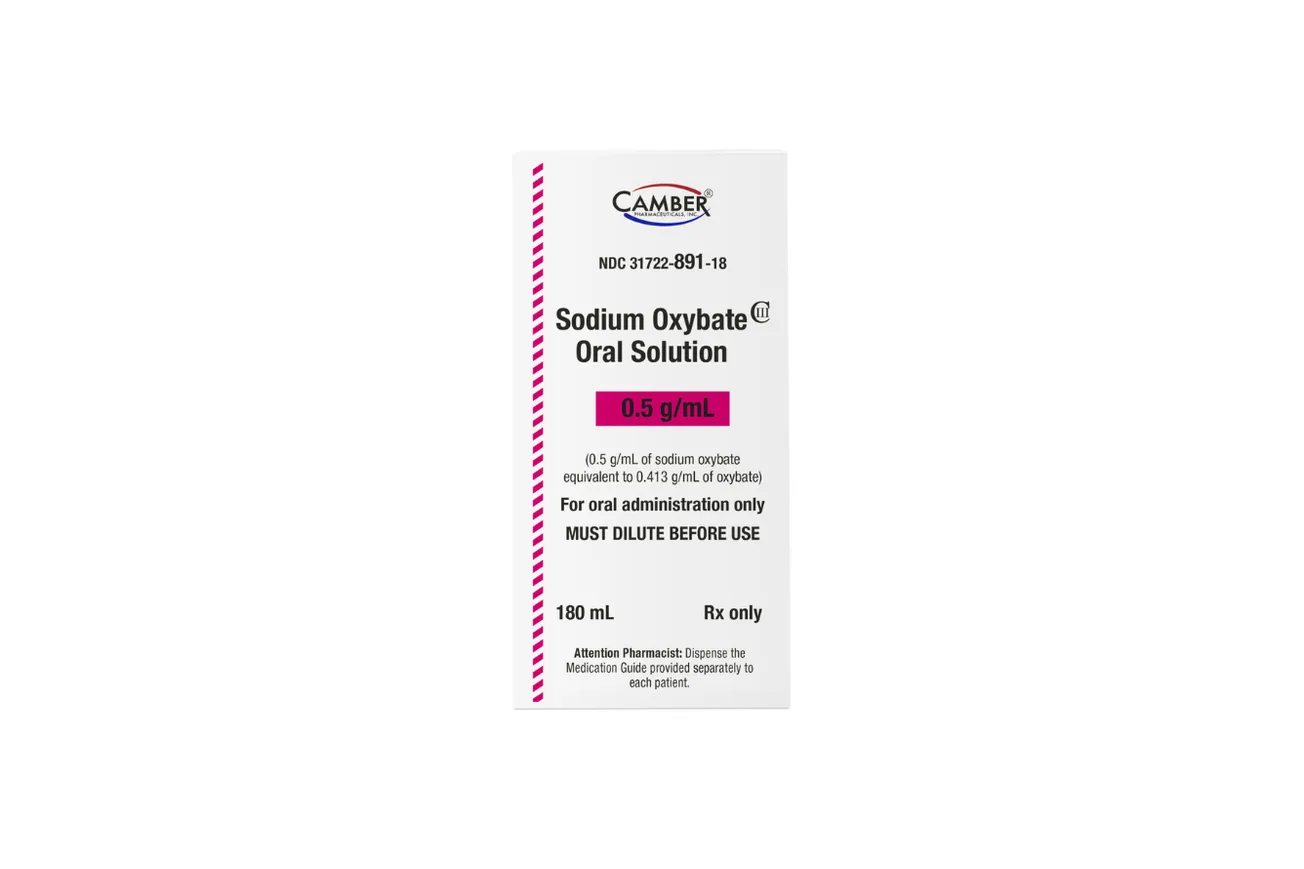ALEXANDRIA, Va. — Oklahoma Gov. Kevin Stitt Tuesday signed into law HB 2632, which protects patient access to pharmacy services by establishing network adequacy and “any willing pharmacy” requirements, minimizes pharmacy benefit manager conflicts of interest by prohibiting higher reimbursement rates for PBM-owned pharmacies, and limits PBM abuses by prohibiting retroactive claim adjustments and denials. This legislation excludes certain provisions of a similar bill Gov. Stitt vetoed that some claimed could have led to federal preemption issues.

Doug Hoey
The Oklahoma Pharmacists Association was very active in advocating for passage of PBM regulation legislation this session. The National Community Pharmacists Association assisted in these efforts and just last week, NCPA chief executive officer B. Douglas Hoey – a former native of Bartlesville, Okla. who graduated from the University of Oklahoma College of Pharmacy – sent a letter to Gov. Stitt urging that he sign HB 2632 into law.
Hoey issued the following statement after Gov. Stitt signed the bill:
“HB 2632 is good for patients and for Oklahoma small businesses that are the economic lifeblood of hundreds of communities across the state. While PBMs claim to keep drug costs low, community pharmacists believe their business practices are often anti-competitive and drive up health care costs for consumers while harming small-business pharmacies. We applaud Gov. Stitt for signing this PBM regulation bill into law, ensuring Oklahomans’ choice of pharmacy is left to the patient and what is in their best interest, not what’s in the PBM’s best interest.”
There are 419 independent community pharmacies in Oklahoma, which employ nearly 3,900 full-time employees and dispensed approximately 25 million prescriptions in the state in 2018.








